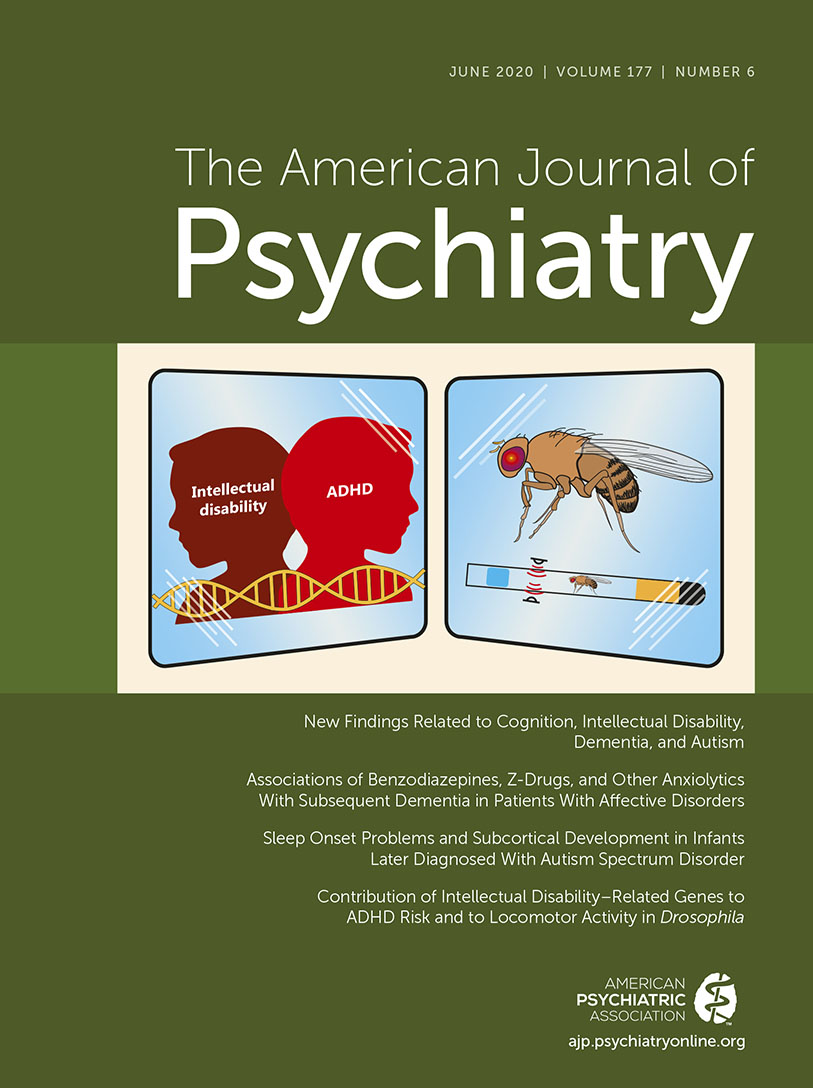Augmenting Computerized Cognitive Training With Vortioxetine for Age-Related Cognitive Decline: A Randomized Controlled Trial
Abstract
Objective:
Age-related cognitive decline, the deterioration in functions such as memory and executive function, is faced by most older adults and affects function and quality of life. No approved treatments exist for age-related cognitive decline. Computerized cognitive training has been shown to provide consistent albeit modest improvements in cognitive function as measured by neuropsychological testing. Vortioxetine, an antidepressant medication, has putative procognitive and proneuroplastic properties and therefore may be able to augment cognitive training. In this placebo-controlled study, the authors tested the cognitive benefits of vortioxetine added to cognitive training for adults age 65 or older with age-related cognitive decline.
Methods:
After a 2-week lead-in period of cognitive training, 100 participants were randomly assigned to receive either vortioxetine or placebo in addition to cognitive training for 26 weeks. The primary outcome measure was global cognitive performance, assessed by the NIH Toolbox Cognition Battery Fluid Cognition Composite. The secondary outcome measure was functional cognition, assessed by the UCSD Performance-Based Skills Assessment. All participants received motivational messaging and support from study staff to maximize adherence to the training.
Results:
Participants who received vortioxetine with cognitive training showed a greater increase in global cognitive performance compared with those who received placebo with cognitive training. This separation was significant at week 12 but not at other assessment time points. Both groups showed improvement in the secondary outcome measure of functional cognition, with no significant difference between groups.
Conclusions:
Vortioxetine may be beneficial for age-related cognitive decline when combined with cognitive training. These findings provide new treatment directions for combating cognitive decline in older adults.



